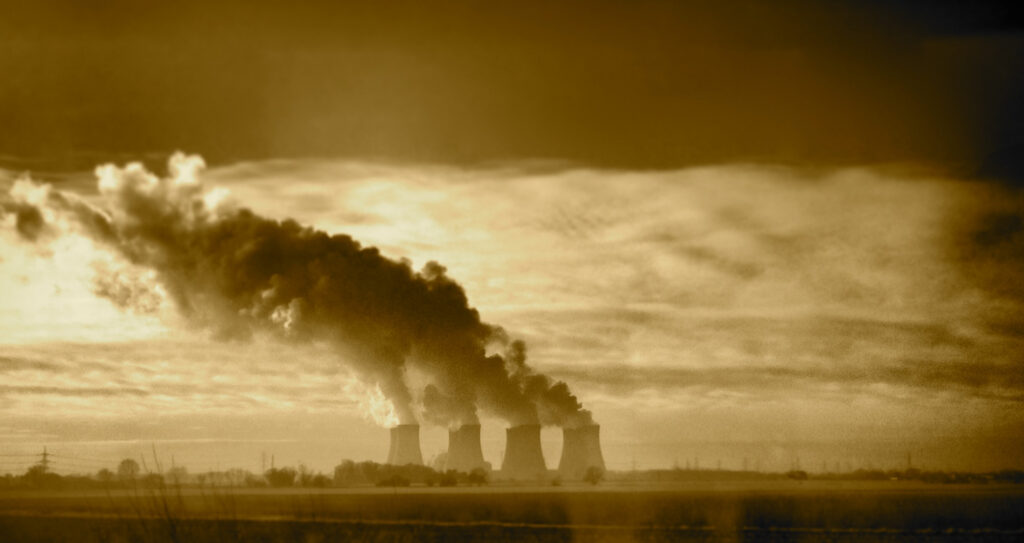The United Nations Environment Programme (UNEP) has claimed that just 50 businesses are responsible for one-third of global greenhouse gas emissions one day before the landmark Paris Agreement comes into force.
The UNEP mentioned the statistic during the launch of its latest Emissions Gap Report, which has called for an “urgent and dramatic” increase in ambition regarding carbon reductions if the world is to limit the effect of global warming to within 2°C, as established at last year’s COP21 in Paris.
The Emissions Gap Report offers broad and wide-ranging insights into various facets of the challenge facing global governments to reduce emissions, particularly relating to buildings and industry which remain the two largest consumers of energy.
In 2010 buildings were responsible for 32% of all energy consumption and industry 28%, figures which spurred 168 countries to include energy efficiency targets as a priority in their Intended Nationally Determined Contributions (INDCs), with just 21 choosing to omit them.
Industrial energy consumption is also forecast to rise by circa 1.3% each year out to 2030, and the UNEP has called on leading governments to continue to stimulate the industrial energy efficiency market through various schemes and support frameworks.
The report argues that energy codes and standards – currently in place in around 60 countries – have proven to be the “most cost-effective instruments” in cutting emissions from buildings, particularly energy management certifications such as ISO.
ISO50001 in particular has been proven to boost energy performance by between 10 and 20% in the first two years following implementation, the report found.
While UK businesses have been strong adopters of ISO standards they still lag behind their German counterparts by more than four to one.
It also lauded the adoption of whole system optimisation over individual energy efficient components, finding whole solutions to be around a quarter more energy efficienct than merely replacing older components with more efficient ones.
Erik Solheim, head of UN Envrionment, had a stark warning for the world if it failed to be more ambitious with its climate goals, stating that current commitments were “still not good enough” to avoid serious climate change.
“If we don’t start taking additional action now, beginning with the upcoming climate meeting in Marrakesh, we will grieve over the avoidable human tragedy. The growing numbers of climate refugees hit by hunger, poverty, illness and conflict will be a constant reminder of our failure to deliver. The science shows that we need to move much faster.”






